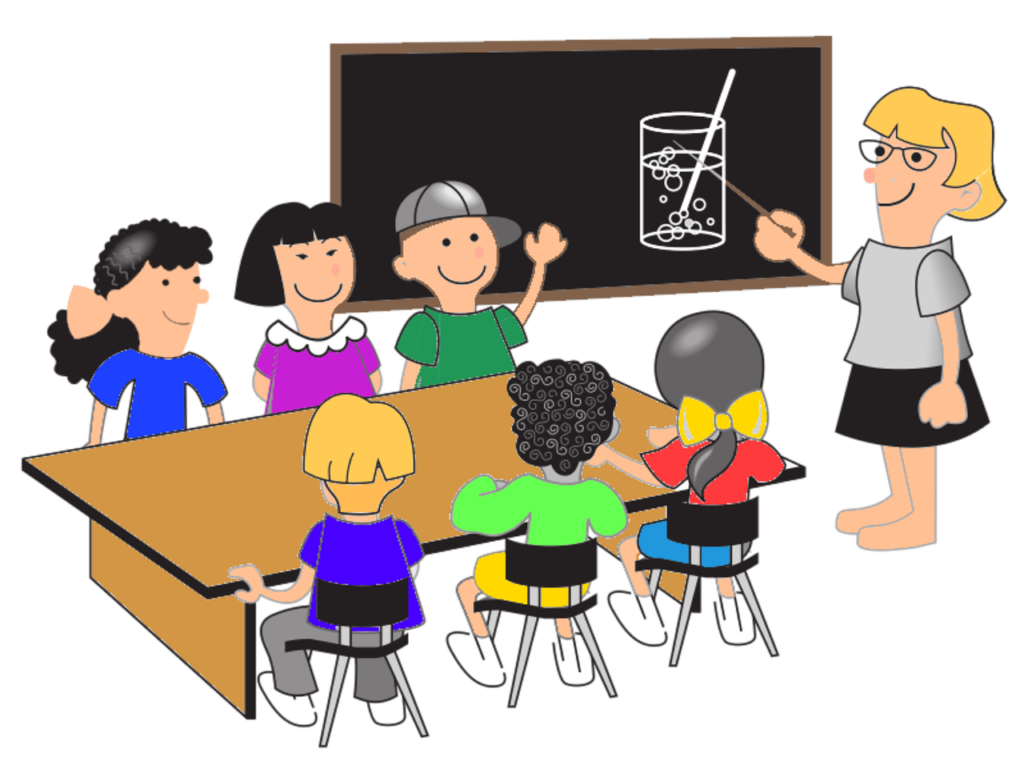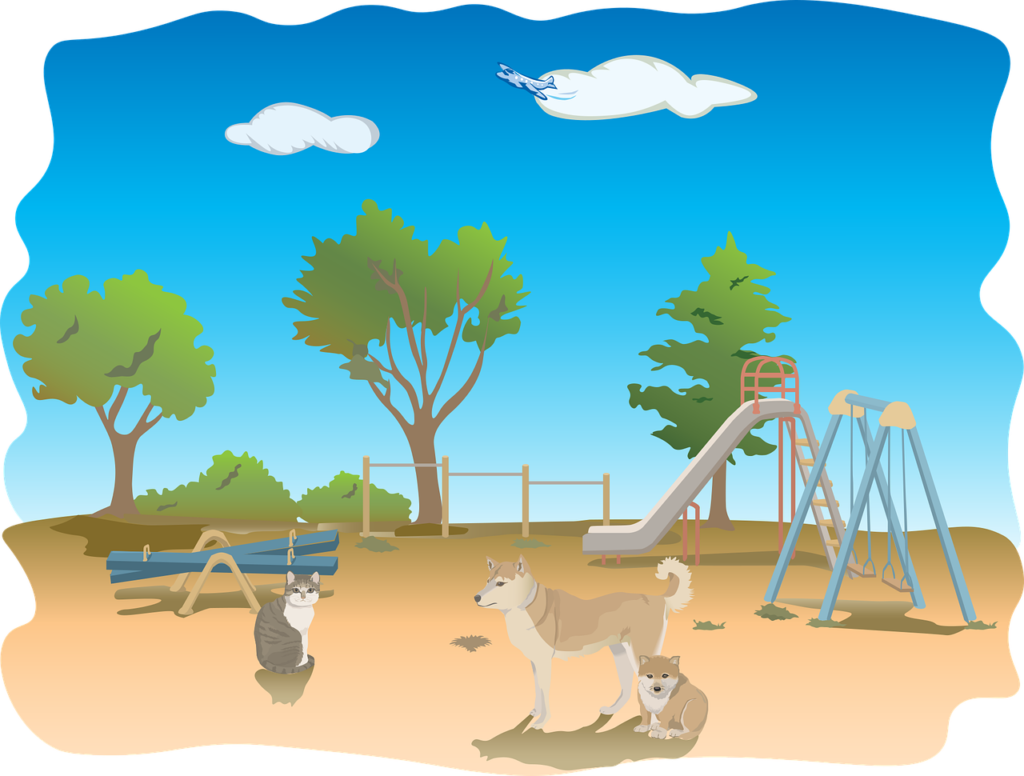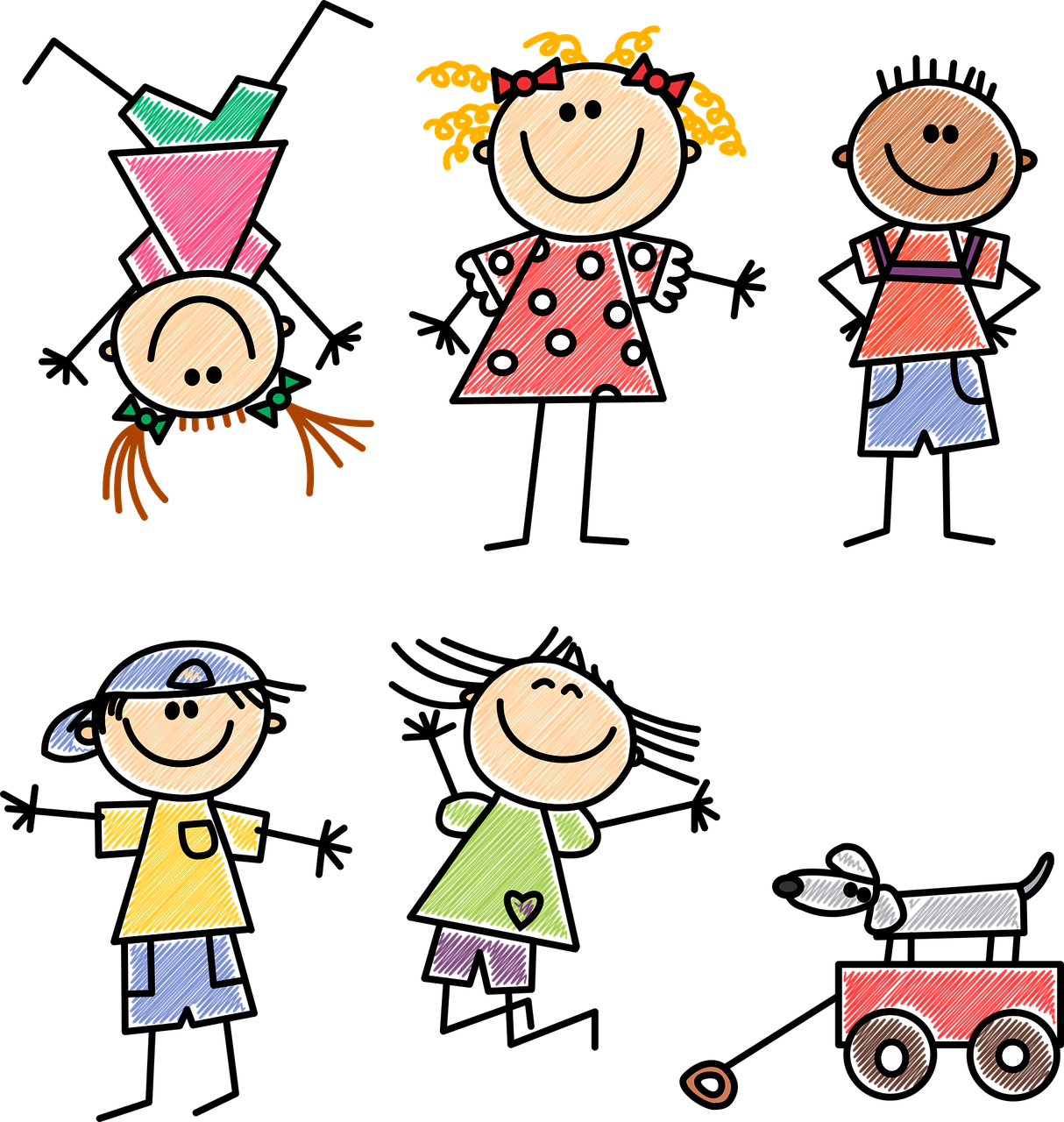








Decentralized
Imagine you and your friends are playing together in the playground, and you want to decide what game to play. In a decentralized system, instead of having a teacher or a single friend decide for everyone, you all talk to each other and come up with a decision together. Everyone gets a chance to share their ideas, and you all agree on the best game to play.
So, a decentralized system is like working together with your friends, where everyone has a say, and there’s no boss telling everyone what to do. This way, if one of your friends has to leave or if they can’t play the game, you can still have fun because the other friends can continue playing without any problem.

Centralized
In a straightforward way, a centralized system is like having a teacher or a leader who calls the shots when you and your friends need to pick a game to play during break time.
In a centralized system, instead of all of you talking to each other and deciding together, the teacher or a class leader is the one who makes the decision for everyone. They listen to everyone’s ideas but ultimately choose the game that everyone will play.
So, a centralized system is like having a boss or a teacher who tells everyone what to do. This person is in charge, and everyone else follows their instructions. This way, decisions can be made quickly, but sometimes it might not be the most fun for everyone because they don’t get to decide together.

Distributed
Imagine you and your friends are working together to clean up the playground. In a distributed system, you would all help by doing different tasks at the same time. One of you picks up the leaves, another collects the trash, and someone else sweeps the sand. Each of you is doing a small part of the job to make it faster and easier for everyone.
So, a distributed system is like a team of friends working together, each doing their own task, to finish a big job more quickly. Everyone has their own responsibility, but by working together, you get the playground clean and tidy in no time.


